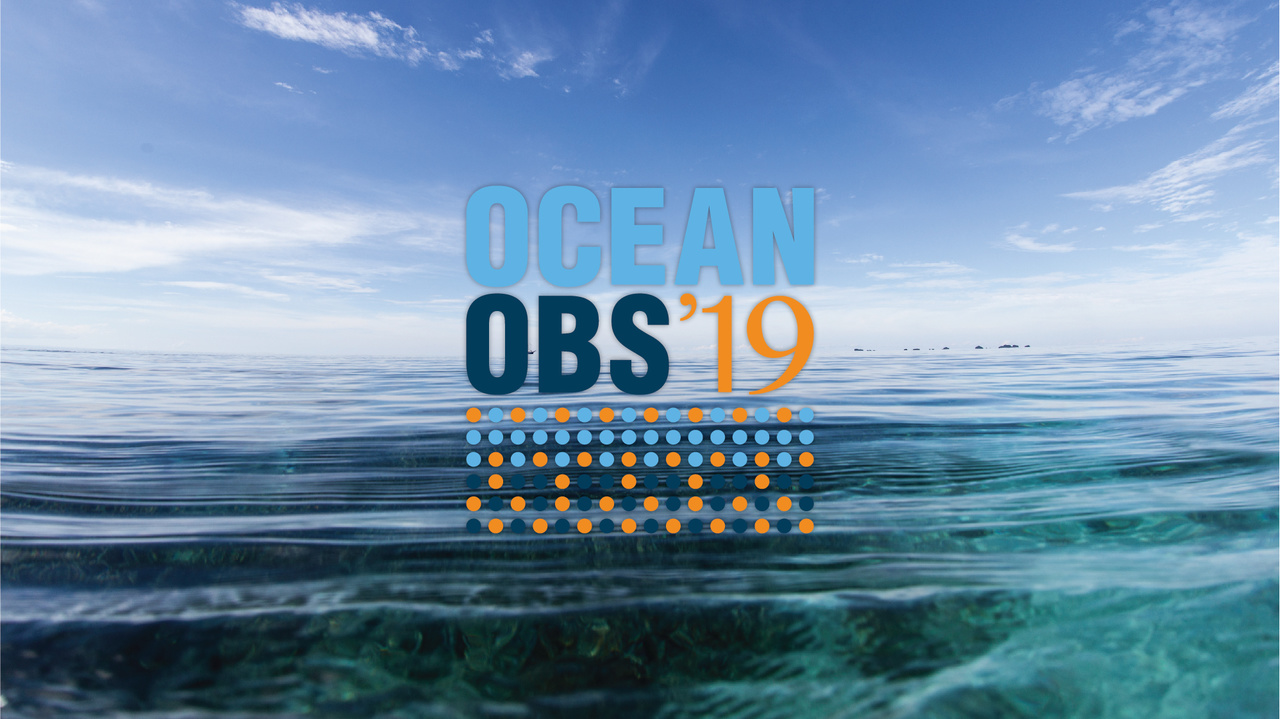The ocean is globally connected and affects us all. Ocean observations lie at the core of understanding and predicting future climate and weather, marine ecosystem health, and operational conditions for marine industries. All nations benefit from access to ocean observations and the products and services they enable. And all nations can contribute to developing and sustaining a global ocean observing system through coordination of in situ measurements, satellite missions, research voyages, data networks, and modelling and forecasting services.
On 16-20 September 2019, the third, decadal, international conference on Ocean Observing will be held in Honolulu. Called OceanOs’19, the conference will determine how we
- meet future user needs (Information),
- improve the delivery of products across the globe (Interoperability),
- advance technology and services (Innovation), and
- balance needs, capabilities, and knowledge worldwide (Integration).
The first such conference was held in 1999 when the Global Ocean Observing System (GOOS) had been established and was moving into implementation. The second conference in 2009 focused on renewal – evolving from the traditional focus on physics for climate to fully embrace ocean biogeochemistry, biology and ecosystems, from the open ocean into the coast. OceanObs’19 will be all about impact.
Australia’s Integrated Marine Observing System (IMOS) has become an increasingly important part of this global effort over the last decade, and the IMOS community will be well represented at OceanObs’19.
IMOS commenced in 2007 and was still very much in its establishment phase at the time of OceanObs’09. It has benefited greatly from the frameworks and strategies that emerged from that conference, and the international collaborations that it fostered. With significant and sustained investment by the Australian Government, IMOS has matured into a model of regional scale implementation. In July 2014 it was formally recognised by the Intergovernmental Oceanographic Commission of UNESCO as the thirteenth Global Ocean Observing System Regional Alliance (GRA).
A feature of OceanObs conferences is the development of Community White Papers that bring ocean observing communities together around major themes and drive the program content. OceanObs’19 Community White Papers are being published as articles in Frontiers of Marine Science. To date 115 articles with 2,199 authors have been published providing a fantastic resource that can be accessed here.
IMOS community members are lead and co-authors on many of these articles, with some highlights shown below.
The outcomes of OceanObs’19 will inform future development of IMOS over the coming decade. The next IMOS Annual Planning Meeting in Hobart on 3-5 March 2020 will provide an excellent opportunity for reflection and discussion.
Tim Moltmann – IMOS and member of the GOOS Regional Alliance Council
Observing system governance
- A Global Ocean Observing System (GOOS), Delivered Through Enhanced Collaboration Across Regions, Communities, and New Technologies
- What have we learned from the Framework for Ocean Observing: evolution of the Global Ocean Observing System
- Evolving and Sustaining Ocean Best Practices and Standards for the Next Decade (
Ocean Physics
- On the future of Argo: A global, full-depth, multi-disciplinary array
- More Than 50 Years of Successful Continuous Temperature Section Measurements by the Global Expendable Bathythermograph Network, Its Integrability, Societal Benefits, and Future
- Coastal Mooring Observing Networks and Their Data Products: Recommendations for the Next Decade
- The Global High Frequency Radar Network
- Waves and Swells in High Wind and Extreme Fetches, Measurements in the Southern Ocean
Ocean Biogeochemistry
- A Surface Ocean CO2 Reference Network, SOCONET and Associated Marine Boundary Layer CO2 Measurements
- An Enhanced Ocean Acidification Observing Network: From People to Technology to Data Synthesis and Information Exchange
Ocean Biology and Ecosystems
